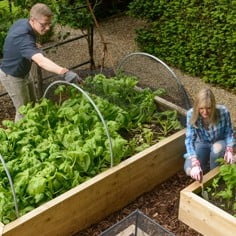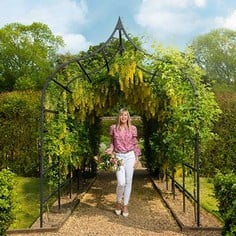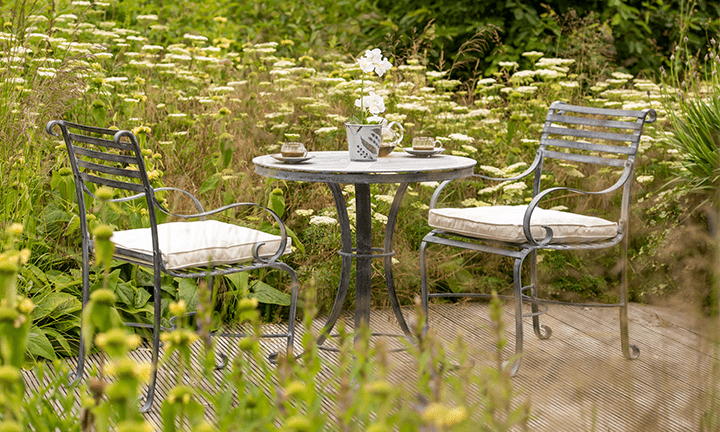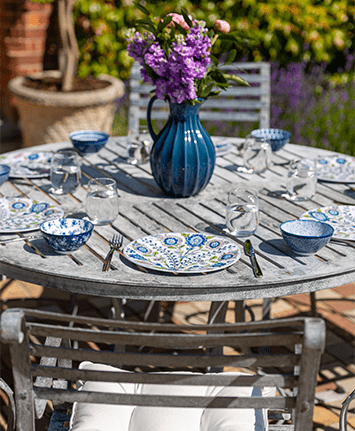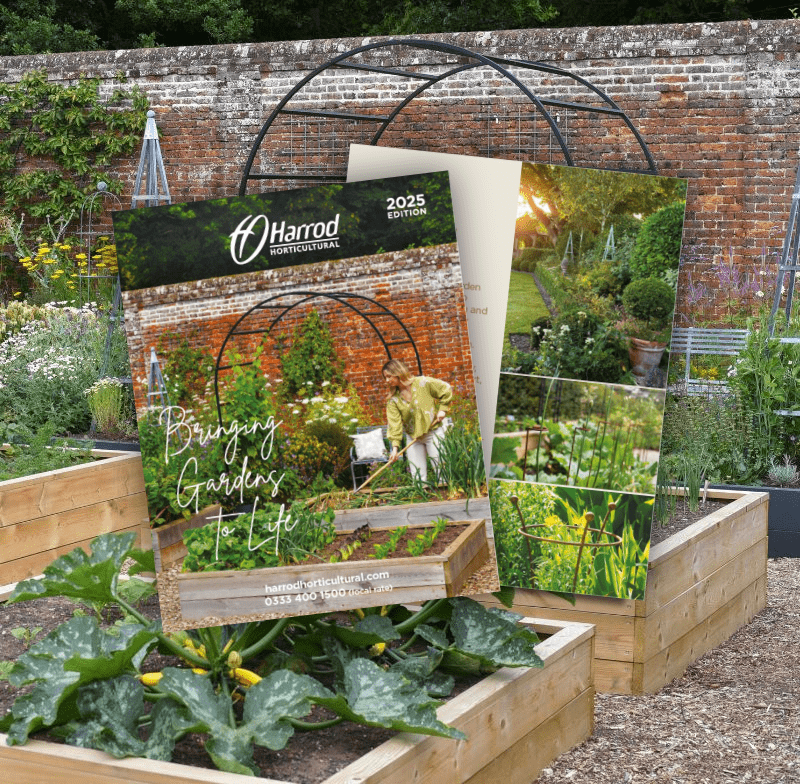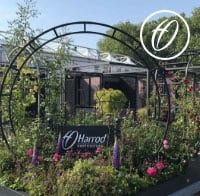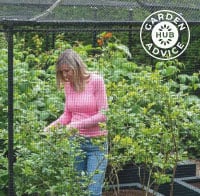Raspberry rust and plum problems...
I have been developing my vegetable garden over the past 3 years and it is proving to be very rewarding. Thank you for all the help from the Harrods team. I have a couple of problems i hope you can help me with.
The first problem is that of rust on the leaves of my summer fruiting raspberries- glen ample, glen moy and malling jewel. I noticed it 2 years and removed the leaves as I saw the rust on them but it has got worse year on year. The problem has been significantly worse this year and I have almost denuded the raspberry canes of leaves already this year. Is it worth my continuing to do this or should I dig up the canes and start again with some more disease resistant ones. I have Tulameen which does not seem to be attacked. I try to grow organically but am not averse to using chemicals if all else fails.
The other problem is that of 3 year old columnar plum trees that have not produced any fruit yet. the varieties are jubilee and marjories seedling both chosen because of their tolerance of cooler conditions. I live in NE Wales 600' high. Is it worth keeping them or planting some other variety or even giving up on plums and growing apples or pears instead.
Many Thanks
Pam Worthington
Many thanks for your recent message regarding the problems you are currently experiencing with your raspberries and plum trees. It's very kind of you to mention the help we have provided and hopefully we can continue that service with this message!
Let’s deal with your raspberry rust problem first.Fortunately, this is not a problem I've experienced in our own Harrod Horticultural Kitchen Garden but I am aware it is quite common and widespread. I'm led to believe that raspberry rust (Phragmidium rubi-idaei) is rarely serious, but I can understand that removing infected leaves is a joyless task and can leave the plants lacking in vigour, and not enjoying the best of health. The best advice I can give is collect any fallen or manually removed leaves and burn them (spores overwinter on them) and spray with Bordeaux Mixture. Whether this treatment is considered organic is a very grey area, and can depend on personal opinion; the fact that the EU have allowed wine growers to use it (albeit restricted) and still label their produce as organic seems to indicate it can be tolerated in organic circles! Alternatively, as you say, it may be worthwhile removing the rust-susceptible plants and replacing them with resistant varieties. For a full list of these plants, and whether they would flourish in your lofty location, I'd contact a specialist fruit nursery such as Blackmoor Nurseries (01420 473576).
Plum wise, I'm taking it for granted that the trees you have are positioned next to a wall or fence in order to capture the maximum sunlight and warmth. Trained as a fan, your trees should crop well but as they obviously are not, again I'd try and get some specialist - and local - advice. I say local as there may be certain varieties of plum which do particularly well at your altitude and on your soil - likewise, there will probably be those that don't, and a local nursery should be able to advise you. I think it's a bit early to contemplate grubbing your plum trees in favour of apples or pears, but if you do, please be aware of Specific Apple Replant Disease when selecting your location - basically, it's not a good idea to plant apples, pears, plums, cherries or even roses in an area previously occupied by any one of these plants.
Many thanks once again for your enquiry and I sincerely hope I can continue being of service to you!
Martin






